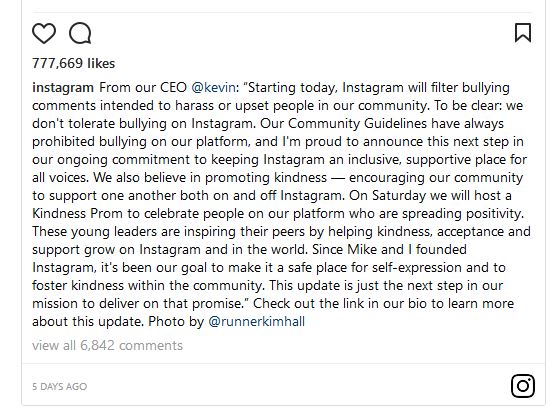Analyzing Soccer Players' Body Language
/Why do soccer players put their hands on their heads when they mess up, a common and seemingly universally gesture. According to Jessica Tracy, professor of psychology at the University of British Columbia, it's an example of vulnerability:
“It’s going to tell others, ‘I get it and I’m sorry, therefore you don’t have to kick me out of the group, you don’t have to kill me.’”
Tracy also describes the connection between the gesture and shame:
“You have the head in the hands — that’s shame. You have the constriction of the body, in the way that the player is moving his arms around his head, almost to make himself smaller. Those are very classical shame display elements.”
In his book, The Soccer Tribe, zoologist Desmond Morris analyzes more aspects of soccer behavior.
Discussion:
- In what ways does the gesture illustrate the value of vulnerability? What do you see as the relationship between shame and vulnerability?
- What other behaviors have you observed in athletes? What do you think they mean?
- How does this story relate to body language in business settings? What gestures have you noticed in a work environment?


















